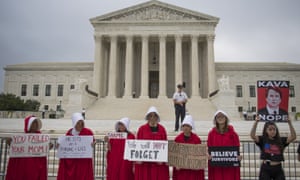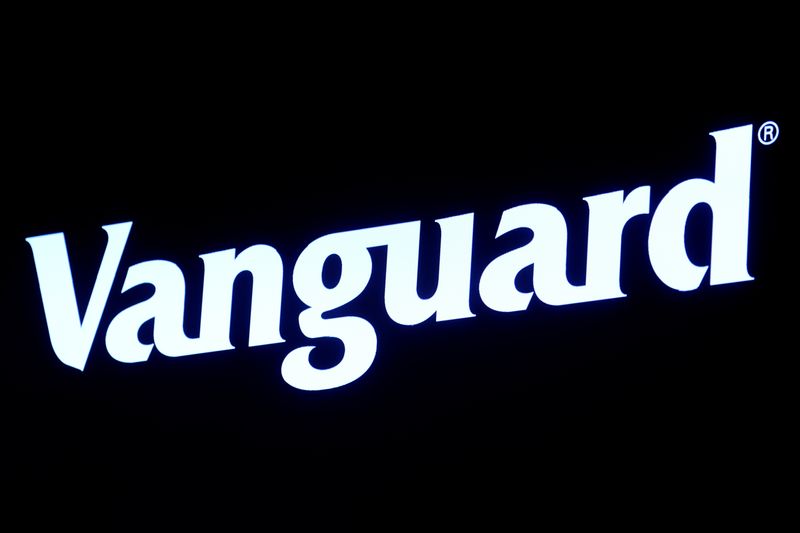
Later, he admitted in the Wall Street Journal that he had said a few things I should not have said, without specifying the actual comments.
Supreme court justices in the past have displayed partisan behavior, such as the late Antonin Scalia and Clarence Thomas who provoked criticism when they attended a 2010 strategy summit hosted by the far-rightwing Koch brothers. But never before have justices revealed their own party-political allegiances so viscerally in public.
Harcourt said that the hidden face of Brett Kavanaugh was exposed. We saw his true bitter partisanship.
Such a display would have ramifications for any case coming before the court that had clear partisan lines, Harcourt said. Anything that affects partisan politics is now tainted as is most apparent with voting rights issues such as redistricting and cases on gerrymandering.
The supreme court has often been asked to adjudicate over changes to electoral law in which Republican-controlled states have been accused of seeking an unfair advantage by redrawing constituency lines or suppressing the turnout of Democratic-leaning minority voters. The most recent was a case involving Ohios purge of thousands of voters from its rolls.
In the outcome, the supreme court voted 5 to 4 in favor of Ohio Republicans, with Anthony Kennedy wielding his swing vote. Now that Kennedy has been replaced with Kavanaugh, a justice with glaring partisan tendencies, such a narrow majority ruling could be considered improper by large numbers of Americans.
The most partisan issue of all would be impeachment. If the Democrats took back the House of Representatives in the midterm elections next month, they would be in a position to press charges against Trump in the wake of the Robert Mueller investigation on Russian interference in the 2016 election.
Any kind of issue closely related to impeachment or investigations of possible corruption or tax fraud any of those issues would fall squarely in the bailiwick of deeply partisan politics, Harcourt said. That would in turn trigger doubts about Kavanaughs conspiratorial thinking that was evident during his confirmation.
In all such cases, a central dispute is likely to be whether Kavanaugh should recuse himself. The US supreme court is unique among federal courts in that the justices effectively police themselves a practice that has been widely criticized.
The nine justices can and do recuse themselves, frequently without explanation. Litigants, if they dare, can also file a motion calling on individual justices to step aside for reasons of conflict, but the decision is left to the justice in question with no right to challenge the outcome.
The pattern has been seen with Clarence Thomas who was accused during his 1991 confirmation process of sexually harassing Anita Hill. Thomas has gone on to sit on severalcases relating to sexual harassment in the workplace, without recusing himself.
Judith Resnik, Arthur Liman professor of law at Yale Law School, said Kavanaughs presence, given what happened during the confirmation, had put a pall over the supreme court. The Senate hearings were shocking, and have left a terrible aftertaste.
She added: Kavanaugh has so aligned himself with the Republican party it casts a shadow: will he be able to judge cases which would expressly benefit the Republicans?



